Staggering 5 year increase in number of slavery victims in London
The London Assembly’s police and crime committee has called for a restructuring of how police and the mayor’s office handle the problem of slavery victims in London which, in just five years, has undergone a tenfold increase in numbers.
More than 30% of those identified as victims of modern day slavery and human trafficking in 2018, a staggering 2,346 were discovered in London, which is in stark contrast with 187 in 2013, analysis of government data by the London assembly reveals.
London, with 1,500 of the 5,143 referred by the Home Office as victims of slavery in 2017, had almost 3 times as many as any other region, or country, in the UK at the time.
The Local Government Association, an organisation which comprises local authorities in England and Wales, declared an 807% surge in the number of child victims of slavery and human trafficking in October.
In a letter to The London Mayor, Sadiq Khan, the police and crime committee of the assembly, calling for a restructuring of how the police and the mayor’s office handle the problem, has recommended that more detectives be assigned to the specialist crimes and vulnerabilities unit of the Metropolitan Police as a means of better tackling the problem.
It has further proposed that the 2018 established London modern slavery partnership board ought to develop a modern slavery strategy, specifically designed for London, which would in turn improve London’s response to the problem.
The Home Office has also been called on to change the national referral mechanism (NRM), where victims of human trafficking are listed, as it seems inadequate. Despite the number of referrals, as well as pending cases, having increased year on year, the proportion of cases where an individual is formally recognised as a victim of trafficking and is given housing and support has been declining.
In a letter sent to the deputy mayor for policing and crime, Sophie Linden, on Wednesday the committee clarified that “In 2013, 47.8% of referrals received a conclusive decision; in 2018 this figure fell to 16.45%,”

Umesh Desai, the chair of the London assembly’s police and crime committee, said: “The challenge London faces with modern slavery and human trafficking is unique, and considerably greater than in any other region of the UK. It’s clear that London needs to have a more coherent strategy to tackle modern slavery and human trafficking. The rise of modern slavery cases in London over the last five years shows that action is needed now.
“That’s why we’re calling on the mayor to urgently task the London Modern Slavery Partnership Board with developing a coherent strategy for modern slavery in the capital.”
Awareness of the issue of human trafficking has risen following the deaths of 39 Vietnamese people found in the back of a refrigerated lorry in Essex last October.
Theresa May introduced legislation to combat modern slavery in 2015, which has been seen as a reflection of the government’s preoccupation with cutting net migration numbers and creating a hostile environment for illegal immigration.

A disappointing lack of funding for implementing the legislation has led to the government failing in its endeavour to tackle modern slavery with only 42 slavery convictions in 2018, down from 59 in 2017 and 69 in 2016.
In the past few months, as a result of collaboration between the Southwark council and the Met’s specialist crime unit, 10 children have been found working in Southwark nail bars, all of whom have been taken into care.
Southwark officials underscore the fact that it has become difficult to carry out regular raids after a period of heavy local authority cuts. Victoria Mills, a Southwark councillor, said: “Local councils have been forced to make some tough decisions following a 50% cut in their government funding over the last decade. But we see the safety of the people who live, work, study and visit to be a top priority. This is why we have protected the work of our trading standards team.”
Indian author pulls out of Berlinale over jury’s ‘unconscionable’ refusal to comment on Gaza
Bangladesh Nationalist Party secures victory in general election
VIDEO | British High Court rules against ban on Palestine Action Group
Tehran urges ‘serious’ revision in EU ‘unconstructive’ approaches
Hamas slams Israeli settlers’ ‘criminal aggression’ in West Bank
VIDEO | Press TV's news headlines
VIDEO | Iran launches 'Holy Qur'an Does Not Burn' campaign to restore mosques damaged in unrest
VIDEO | Ramadan amid the rubble: Gaza’s historic Al-Zawiya market defies odds





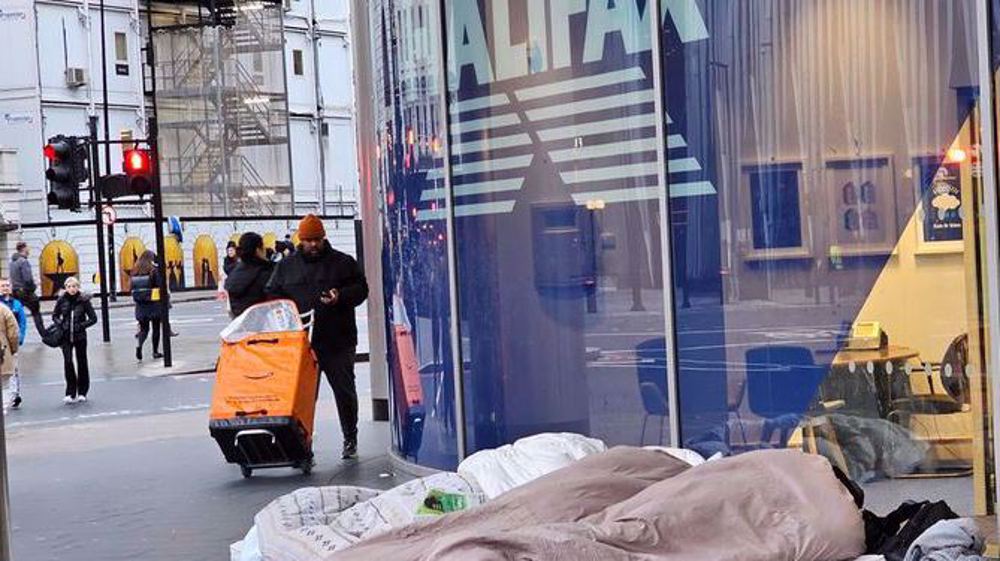
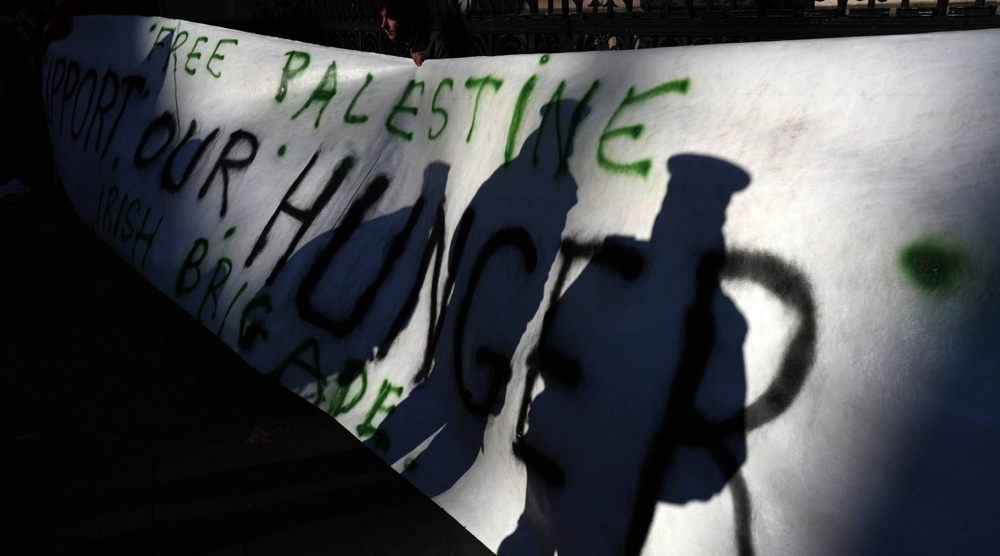



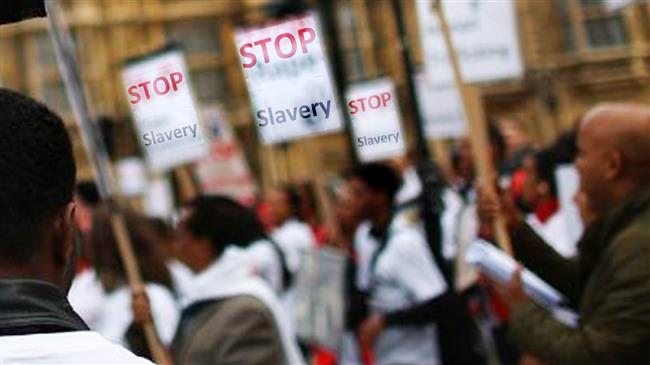

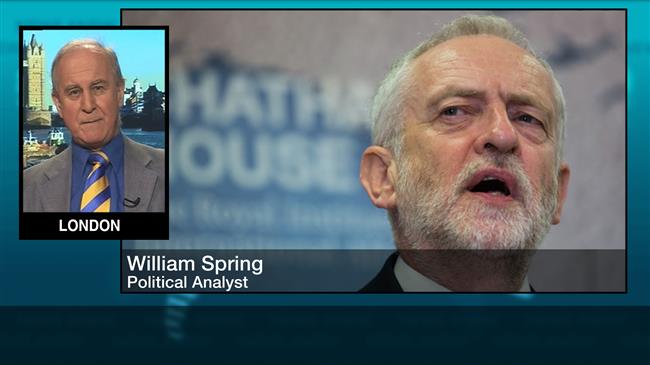
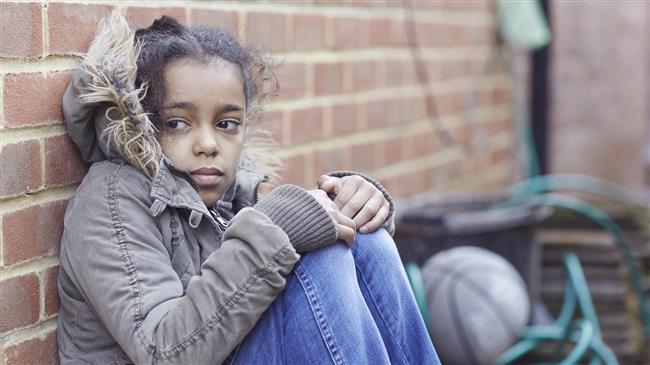

 This makes it easy to access the Press TV website
This makes it easy to access the Press TV website